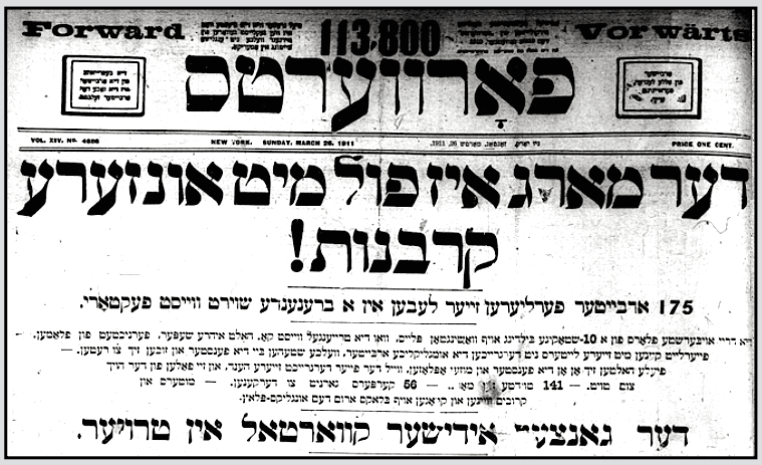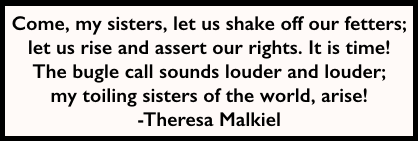 —————
—————
Hellraisers Journal – Saturday January 25, 1913
New York, New York – Theresa Malkiel on the Scene with Striking Garment Workers
From The Coming Nation of January 25, 1913:
Striking for the Right to Live
-by Theresa Malkiel
[Part I of III]
GRANDMOTHER! what are you doing here?” I asked of an old, old Italian woman who came up panting to the fourth floor of Clinton Hall. She turned around, looked me over with her black, penetrating eyes, which in spite of her age had not lost their luster and said:
“Me striker. Who you are?” I showed her my speaker’s card issued by the joint committee of the Socialist party and the United Hebrew Trades and she nodded her head in approval. I told her I was anxious to hear the story of the strike from the lips of the workers themselves.
“Me no speak much English,” she replied, “but me tella you just what me feel.”
She pulled up her gray, worn shawl which had slid down from her bent shoulders, smoothed her snow-white hair and slowly in broken English told me her tale of woe and suffering.
As she talked on I observed her closely and wondered what had kept up the fire and activity in that aged body, perhaps her very sorrow and unbelievable struggle for existence, for the revelations made by these aged lips sent a chill through me, filled my heart with horror. I knew that her case was not singular, that her condition was characteristic of the condition of all of her sisters in the trade and they constitute 60 per cent of the entire number of 15,000 women workers in men’s and children’s clothing industry.
She told me of twenty long years spent in the clothing workshops where the air is constantly surcharged with the foulest odors and laden with disease germs, she complained of the lack of sunlight of which she had so much in her own land. Here she had to spend her days working by artificial light. She complained of the long hours when work was plentiful, of the dread of slack time, of the small wages at best.
A bread winner for her own children in her younger days, when she first came to this country, she was now supporting two grand-children whose mother fell a victim to the ravages of consumption. Consumption invaded the old Italian woman’s family, as it had invaded the families of most of the clothing workers, carrying them off in the prime of life. The old woman was exceptionally strong, and she and the two small children she was supporting were the only survivors of the whole family.
These children, who are the apple of her eye, she keeps in a two-room flat of a rear eight-story tenement house located on East Houston street, the district where most of the clothing workers lived in order to be near their workshops, and where the population is recorded to be 1,108 to every acre. She pays $8 a month for rent and keeps two boarders to help pay it.
Strike for Love of Grandchildren
This woman who lacks only five years to the allotted three score and ten must finish 20 pair of pants, that is, sew on the lining, serge the seams, finish up the legs, sew on buttons and tack the buttonholes in order to make a dollar a day; $6 a week is the highest she ever makes in season. The season in the clothing industry lasts from March to June and from September to December. The old woman is no exception, to the rule, $6 per week, in fact, is above the average, many make less and very few more. They have no regular hours, but work as long as there is work, sometimes twelve, and fourteen hours a day.
It was not herself that the old Italian woman considered so much, as her poor orphan grand-children who had to take up the trade where she would leave it off.
“Why me strike you ask?” all the venom of the years of sorrow and wretchedness, all the bitter memory of her sacrificed children, cried out in her voice of defiance.

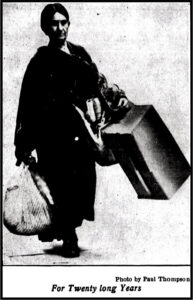
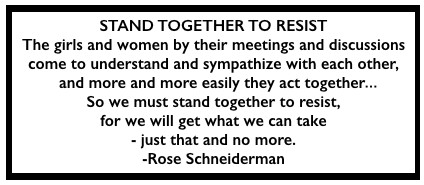 —————
—————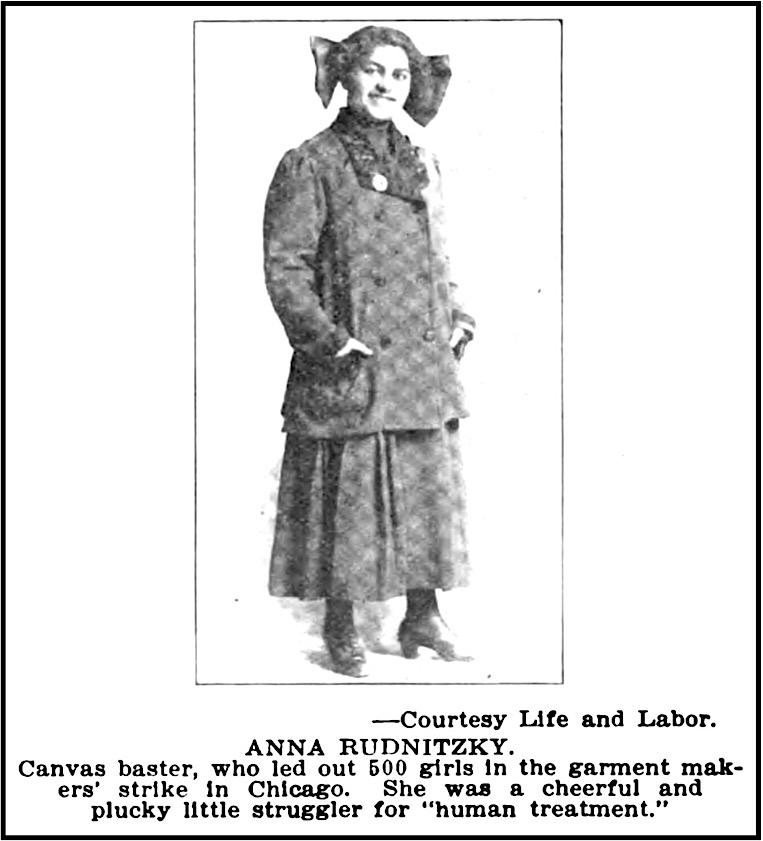

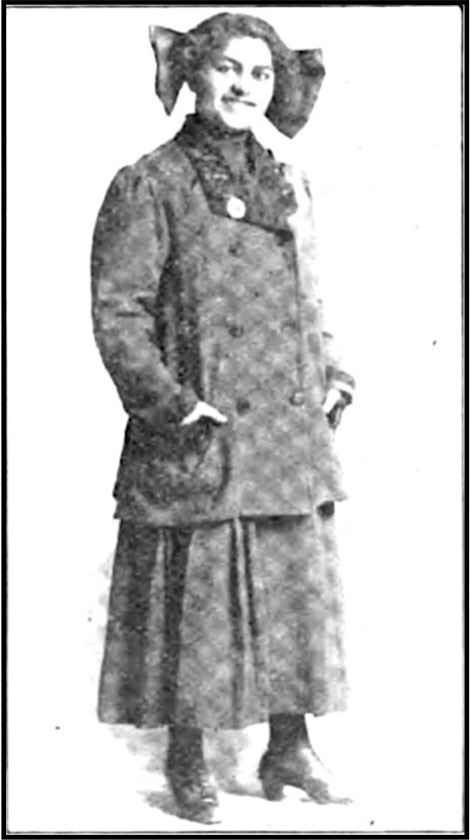
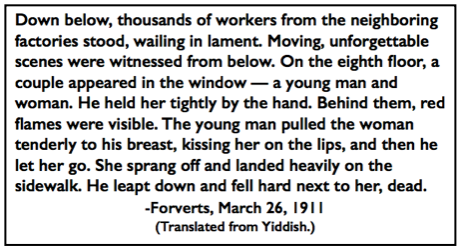 —————
—————